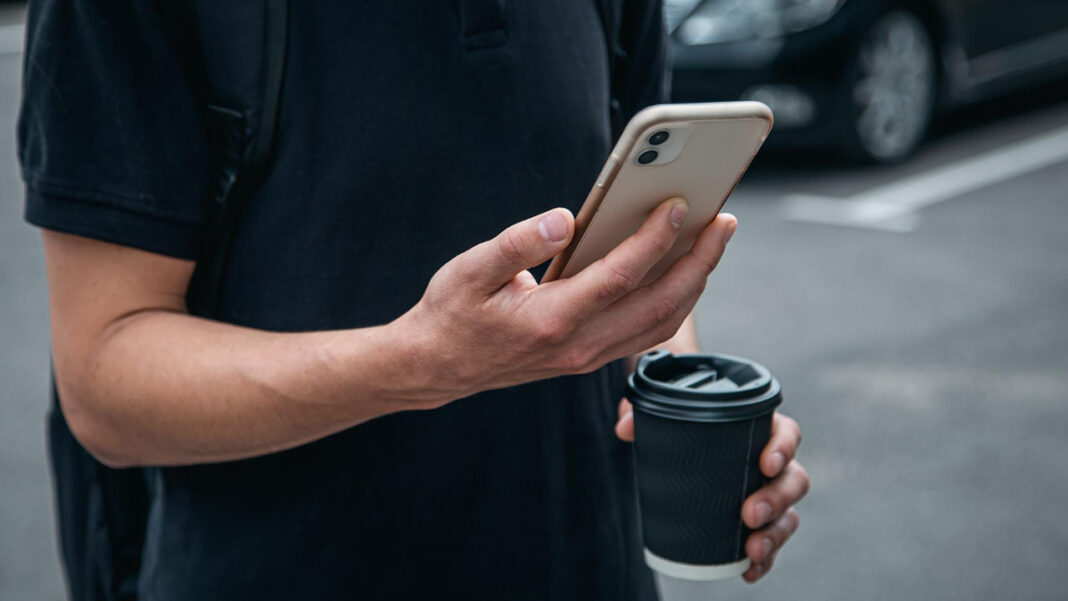In today’s digital world, privacy concerns have become increasingly important. One of the most common concerns is the ability to track someone’s mobile phone without their consent. With advancements in technology and GPS capabilities, it has become possible for individuals and organizations to track a person’s location through their mobile devices. This raises the question: can someone track my phone if my location is off? In this article, we will explore various aspects related to tracking mobile phones, including how it works, ways to prevent it and measures to protect your personal information.
How Does Mobile Phone Tracking Work?
Mobile phone tracking relies on two major technologies: GPS (Global Positioning System) and cell tower triangulation. Both methods use different techniques and principles but aim to provide an accurate estimation of the device’s location.
GPS Tracking
Most modern smartphones come equipped with built-in GPS capabilities that can determine the device’s precise location. GPS uses a network of satellites orbiting the Earth, which transmit signals to the phone. The device then calculates its location based on the time it takes for the signal to reach it from multiple satellites. This method of tracking is highly accurate and can pinpoint a device’s location within a few meters.
Cell Tower Triangulation
Even when the GPS is off, mobile phones continuously communicate with nearby cell towers to maintain a stable connection. This communication provides another means of tracking the device by estimating its location based on the distance and signal strength between the phone and multiple cell towers. While not as accurate as GPS tracking, cell tower triangulation can still provide a general idea of the device’s whereabouts.
Can Your Phone Be Tracked with Location Services Off?
Turning off location services on your device ensures that apps and websites will not have access to your GPS data. However, this does not entirely prevent your phone from being tracked. As mentioned earlier, cell tower triangulation can still provide an approximate location of your device even when the GPS is disabled.
In addition, law enforcement agencies or other authorized entities can request access to location data from mobile carriers, which may include historical data based on cell tower connections. This means that while turning off location services can limit some forms of tracking, it cannot guarantee complete privacy from all types of location monitoring.
Ways to Prevent Phone Tracking
While it may not be possible to avoid all forms of phone tracking, there are measures you can take to minimize the risk and protect your privacy:
- Disable location services: Turning off location services for specific apps or your entire device prevents them from accessing your GPS data. This limits the ability of third parties to track your movements through these apps.
- Limit app permissions: Review the permissions granted to each app on your phone and only allow access to necessary features such as contacts, camera, or microphone. Restricting unnecessary permissions can help reduce the chances of unauthorized tracking.
- Use a virtual private network (VPN): A VPN encrypts your internet connection, making it more difficult for third parties to monitor your online activities, including your location.
- Airplane mode: Turning on airplane mode disables your phone’s cellular and Wi-Fi connections, effectively disconnecting you from nearby cell towers and reducing the risk of cell tower triangulation.
- Remove SIM card: Removing your phone’s SIM card disconnects it from the cellular network and prevents any communication with cell towers, thereby reducing the possibility of tracking.
Protecting Your Personal Information
Beyond location tracking, there are other ways in which your personal information can be compromised through your mobile device. To protect your privacy, consider the following tips:
- Keep your device updated: Regularly update your phone’s operating system and apps to ensure that you have the latest security patches and fixes.
- Use strong passwords: Choose unique, complex passwords for your accounts and avoid using easily guessable or common passwords.
- Enable multi-factor authentication: Use two or more forms of verification, such as a password and a fingerprint, to secure your accounts.
- Be cautious with public Wi-Fi: Refrain from accessing sensitive information or performing financial transactions on public Wi-Fi networks, as they can be easily intercepted by hackers.
In conclusion, while turning off location services on your mobile device can help minimize some forms of tracking, it is not a foolproof solution against all methods of monitoring. By adopting additional protective measures and being vigilant about your device’s security settings, you can significantly reduce the risk of unauthorized tracking and safeguard your personal information.





